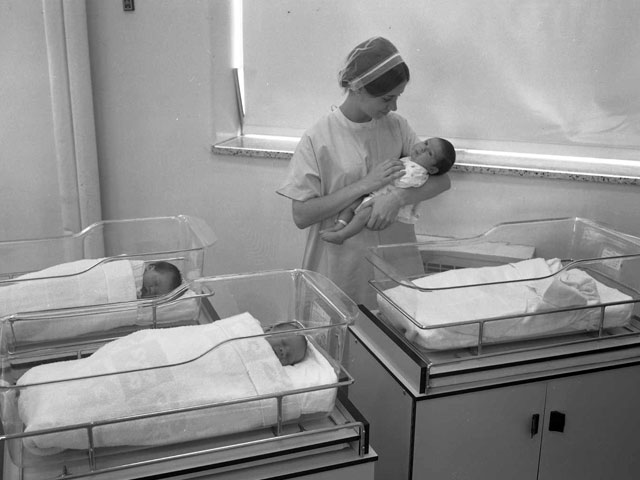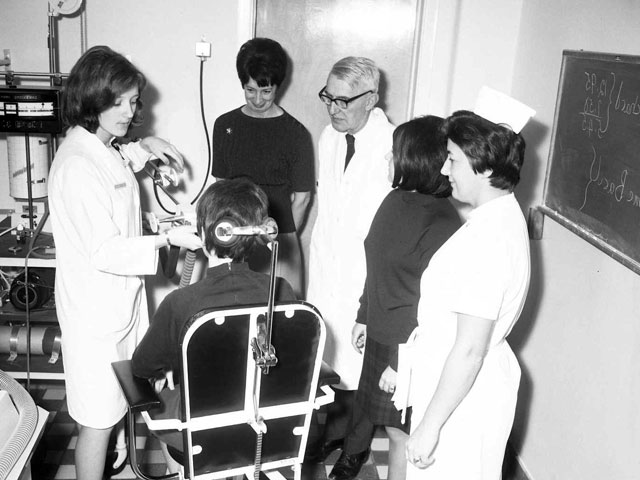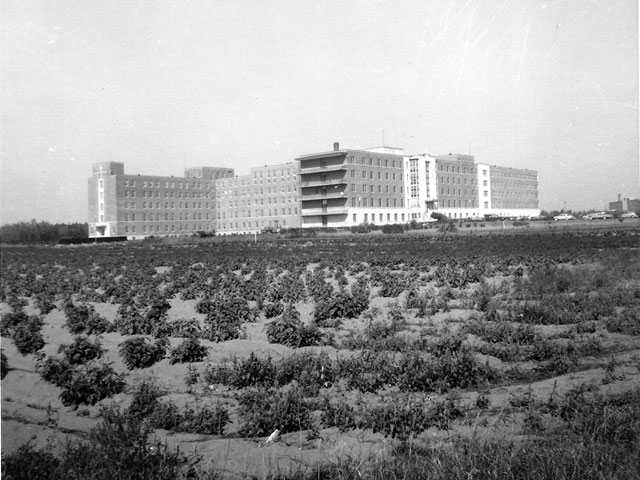Secondary Navigation Menu
Home > Events > The New Role of the State > The Advent of the Welfare State
The Advent of the Welfare State
In the wake of the Second World War, Canadians wanted nothing more to do with difficult times like those faced during the great economic crisis from 1929 to 1939. Politicians and businessmen shared their opinion, convinced that a return to economic and market laisser-faire at all costs would again lead to misery and an unstable social climate. Everyone wanted the government to oversee the population's economic and social security, and government played a central role in economic planning in the country. In short, government embraced the principles of the welfare state and the creation of a more just society. Like most countries in the Western World, the Canadian government responded positively to these demands. Among the first social measures to be implemented was unemployment insurance in 1941 and family allowances in 1945. On the other hand, the government of Quebec, led by Maurice Duplessis, declined to follow this path. Duplessis instead condemned the spirit of post-war social reformism and state interventionism. In his eyes, much like education, one should look to the Church to solve social problems.
Mitigating Quebec's Backwardness
The Quiet Revolution heralded the winds of change. The government in Quebec took responsibility for local power (municipalities and school boards) until then shouldered by the Church. In matters of income security, the government of Quebec introduced the Régime des rentes (Quebec pension plan) in 1964 and a welfare program in 1969 for the most impoverished. The state also intervened in health, a field where social inequality was rampant. It nationalized hospitals, the preserve of the Church, and joined the hospital insurance program of the federal government in 1961, something that Duplessis had rejected offhand at the time of its creation in 1957. Thanks to this program, people gained free access to hospital services. Changes in expenses for hospital care revealed that this program was a welcome addition, because costs increased tremendously after its introduction.
By creating a series of reforms on short order to guarantee the population insurance against social and medical risks, the Quebec governments of the 1960s sought to mitigate the backwardness created under the reign of the Union nationale in Quebec.
Related events
Related events
- The Creation of the Ministry of Education
- The Parent Report
- CEGEPs and the Université du Québec
- The Tiger Team
- A Real Civil Service
- The Nationalization of Electricity
- The Caisse de depot et placement du Quebec and the Régie des rentes
- Epilogue





